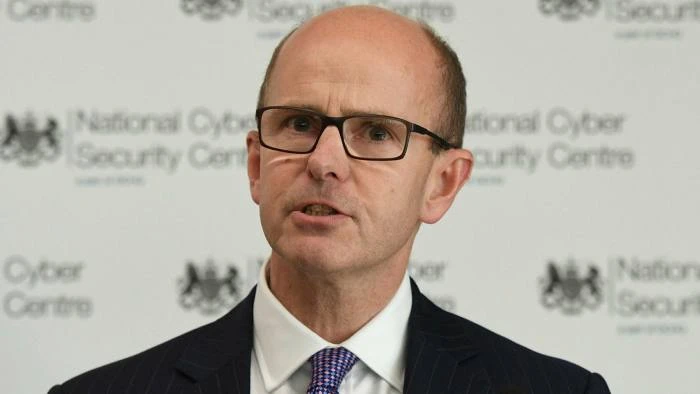
The UK faces a “moment of reckoning” in the race to protect future technologies from the influence of adversaries such as China and Russia, the director of signals intelligence agency GCHQ will warn on Friday.
Describing Britain as a leading cyber power and a “big animal in the digital world”, Jeremy Fleming will say the country must develop sovereign capabilities in areas such as quantum computing if it is to both prosper and remain secure.
His intervention comes as prime minister Boris Johnson is seeking to form a “D10” group of like-minded democracies — made up of the G7 plus South Korea, India and Australia — that would join forces to act as a technological rival to China. The group is due to meet at a summit in Cornwall this summer.
The idea was spurred by the need to find alternative telecoms providers after Johnson’s surprise decision last year to ban the Chinese company Huawei from Britain’s 5G networks, following concerns over supply chain security.
Delivering an online lecture at Imperial College, Fleming will make clear that China and Russia could pose other security challenges, such as threatening the design and freedom of the internet.
“The UK really is a global cyber power — a big animal in the digital world. But historic strength does not mean we can assume we will be in the future,” Fleming will say.
“Without action it is increasingly clear that the key technologies on which we will rely for our future prosperity and security won’t be shaped and controlled by the west,” he will add. “We are now facing a moment of reckoning. In the natural world, during a period of rapid change, the only option is to adapt. And it’s the same for us.”
China has already proposed a radical change to internet architecture, supported by Russia and potentially Saudi Arabia, which critics fear would give state-run internet service providers control over citizens’ internet use. Fleming will say the UK needs to prioritise advances in quantum computing, as well as working with allies to build better cyber defences and shape international standards and laws in cyber space.
Reflecting mounting concerns in the security community over smart city technology, Fleming will say that if implemented in the wrong way, this would “hardwire data collection” in a way that infringes individuals’ freedoms.
His fears over hostile states’ tech advancements are shared by US intelligence chiefs, who warned in their annual threat assessment this month that “new technologies, rapidly diffusing around the world, put increasingly sophisticated capabilities in the hands of small groups and individuals as well as enhancing the capabilities of nation states”.
The US report highlighted China as being its chief strategic competitor, saying Beijing was focused on technologies seen as critical to its military and economic future, including “advanced computing, and artificial intelligence, as well as niche technical needs such as secure communications”.
Emily Taylor, an expert in cyber and international security at Chatham House think-tank, said countries such as the UK are emerging from “pure containment strategy” towards China to a different response, asking “how do we cope in a world in which one of the technological superpowers doesn’t share our values in any way?”
“That means investment, creativity, and building up your own capacities,” she said.
Taylor added that as quantum computing became more mainstream, there was a risk that this sudden increase in processing power would render existing encryption methods “completely useless”.
“So alongside developing quantum, you have to think about, what’s that going to mean for securing our network, for securing our secrets,” she said.




















